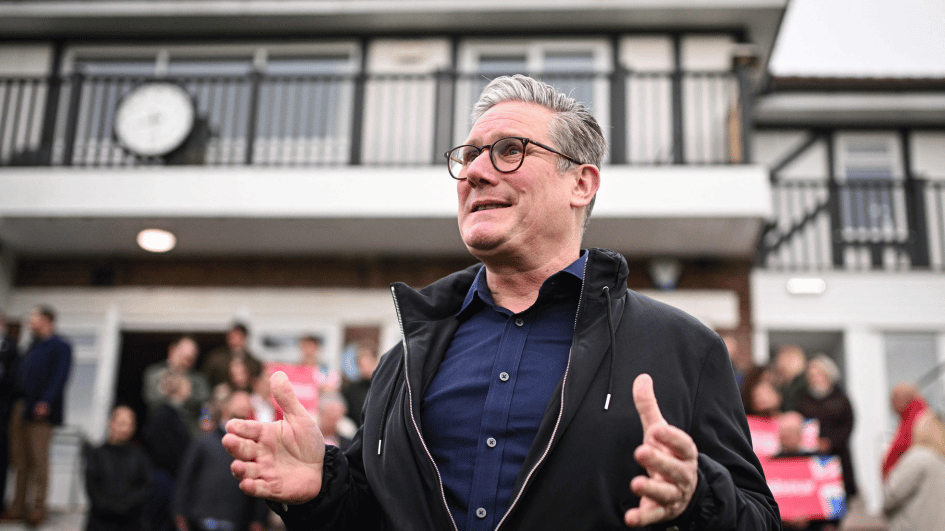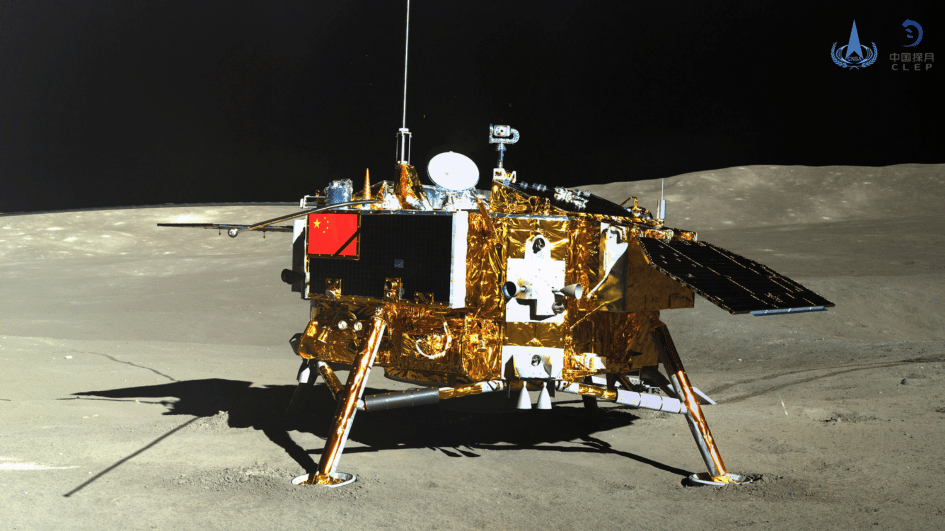Bells are ringing for al-Assad
News about bomb attacks in Damascus against the inner circle of Bashar al-Assad started to hit the wires just before Turkish Prime Minister Recep Tayyip Erdoğan went into the office of Russian President Vladimir Putin in Moscow.
The item was already on the agenda of the talks before the attacks that left Syrian Defence Minister General Daoud Rajha, al-Assad’s brother-in-law Assef Shawkat, and ranking intelligence officer Hafiz Mahluf dead, and also Interior Minister Mohammed al-Shaar and head of National Security Gen. Hisham Ikhtiyar wounded. But the attack even further highlighted the Syrian problem in the talks.
Answering a Russian journalist’s question, Erdoğan said Turkey was against the division of Syria, but that it should be up to the Syrian people to decide who was going to lead after al-Assad.
Germany and Britain were quick to call for a stronger United Nations resolution regarding Syria, hours ahead of a voting in New York. The address of that call was Russia. As the main supporter of the al-Assad regime, Russia is under more pressure following the attacks. The Free Syrian Army (FSA), which claimed responsibility for the bloody attacks, declared that new ones were on the way and also alerted public opinion to the fact that the al-Assad regime may commit more massacres against civilians. As the FSA claims control over more than half of the country, including parts of the capital Damascus, Syria seems to be off-balance, as of yesterday. The latest attacks were like alarm bells ringing for al-Assad.
Renowned for his stubbornness, he could keep fighting for his regime. Following the bombings, the Syrian government yesterday said that Turkish, Saudi, Qatari and Israeli (yes Israeli among the rest) secret services were behind the plot, and said the attacks would not remain unanswered. The Syrian regime has been known for its close support to armed groups. But nowadays it may be difficult for al-Assad and his people to convince armed organizations to fight for the regime, since it is in an obvious decline. Hamas saw that and moved its headquarters out of Syria months ago.
Another problem for him in fighting back could be in escalating defections from his army. There was no confirmation of an alleged attack hitting the headquarters of the notorious 4th Division, commanded by Maher al-Assad and held responsible for numerous operations against civilians. Yesterday’s attacks could deter more soldiers from taking up arms against their own people.
As Turkish President Abdullah Gül said yesterday, before the bomb attacks, it is depressing to see a country in this state.
But there is still another option for al-Assad to save his people from further bloodshed and also to save the lives of his family and himself. That is to take a flight either to Russia or to any other country that can host and protect him, and let the Syrian people decide their own future.











